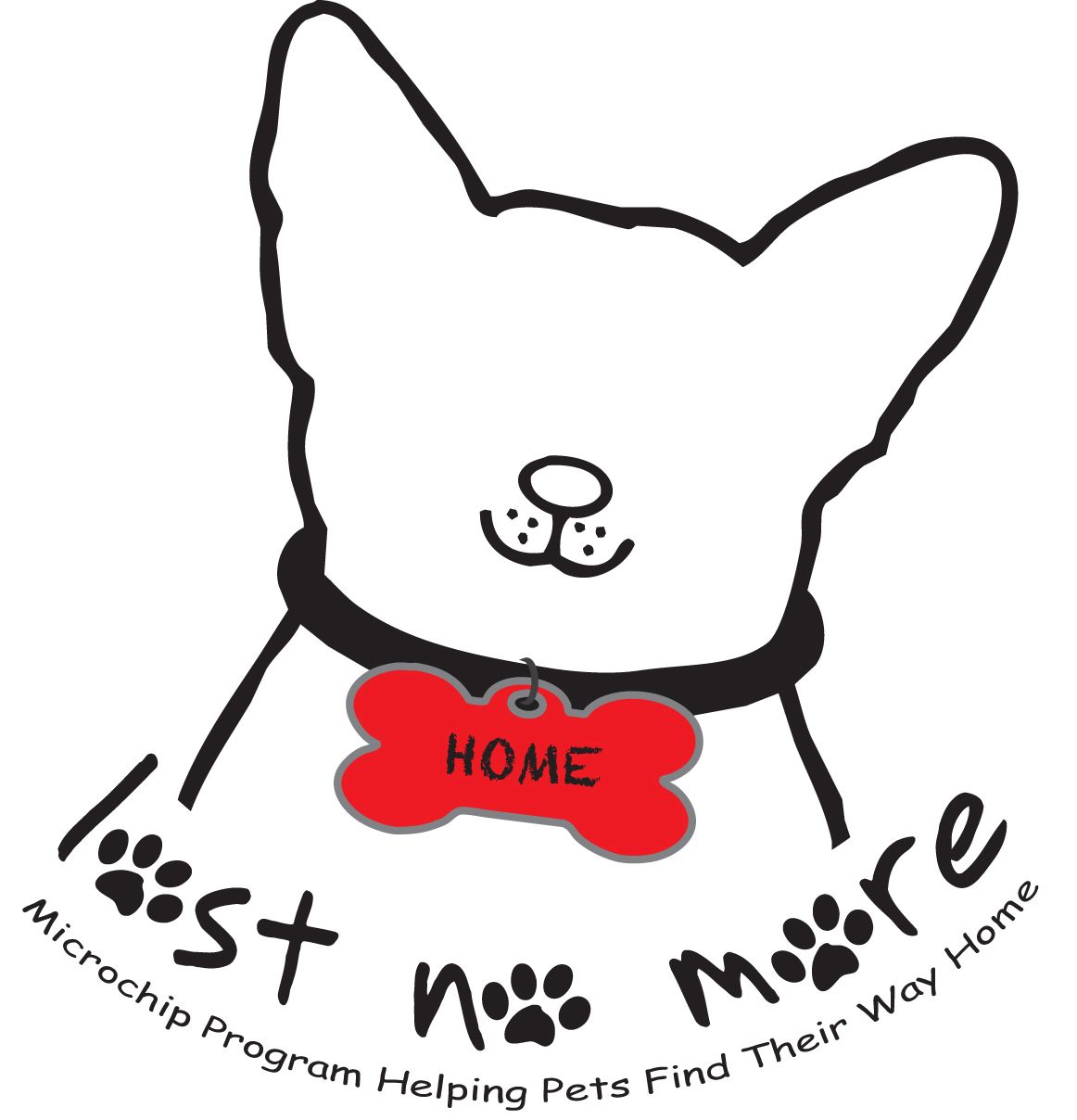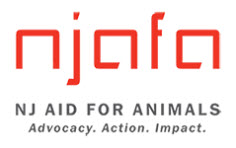
Lost-No-More is a project that keeps pets in their homes by providing for their safe return when lost. Through Lost-No-More, NJ Aid for Animals provides pet owners with a microchip (implanted by a trained vet tech and veterinarian). Microchips provide a form of identification that unlike a collar and tag cannot be lost. Dogs, especially in Camden, don’t just become lost. They are abandoned or dumped. If a dog is chipped, animal control will be able to identify who the culprit was and charge them.
Microchips reunite lost and runaway dogs with their families. There is a very low reclaim rate at the local shelter but the animal control can scan the dogs when they are picked up and return them before they even hit the shelter. This keeps space open at the shelter and more dogs from being euthanized. The American Veterinary Medical Association reports that microchipped pets have a much higher chance of being returned home. In their study, dogs without microchips were returned 21.9% of the time while, whereas microchipped dogs were returned 52.2% of the time. In the same study, cats without microchips were reunited with their owners 1.8% of the time, whereas microchipped cats went home 38.5% of the time. Additionally, people who buy dogs to use as bait or weapons and train the dogs to fight will be permanently identified. When the dog gets loose or is found dumped, the dog can be traced back to the owner (like guns and serial numbers) and charged.
Says Kathy McGuire, President and Founder of NJAFA, “We must find a way to stop the influx of dogs being euthanized. Even if these chips only reunite a small percentage of dogs to owners over a year that is less dogs being put to sleep”.
Lost-No-More has enabled the microchipping of 753 pets, 75 cats and 678 dogs. Using the American Veterinary Medical Associations calculator to estimate the number of pets in a city, Camden City has approximately 17,520 dogs and 19,140 cats. Through Lost-No-More NJ Aid for Animals has microchipped 3.9% of Camden City’s dog population promoting the safe return of almost 5% of the pet population in Camden City. Although a modest impact at first, the continued education on microchipping by NJ Aid for Animals, and future microchipping initiatives including programs like HALT can grow this modest impact to greatly increase the number of pets returned home and reduce the number of pets lost in kill shelters.
TO VIEW PRESS RELEASE AS PDF, click here
